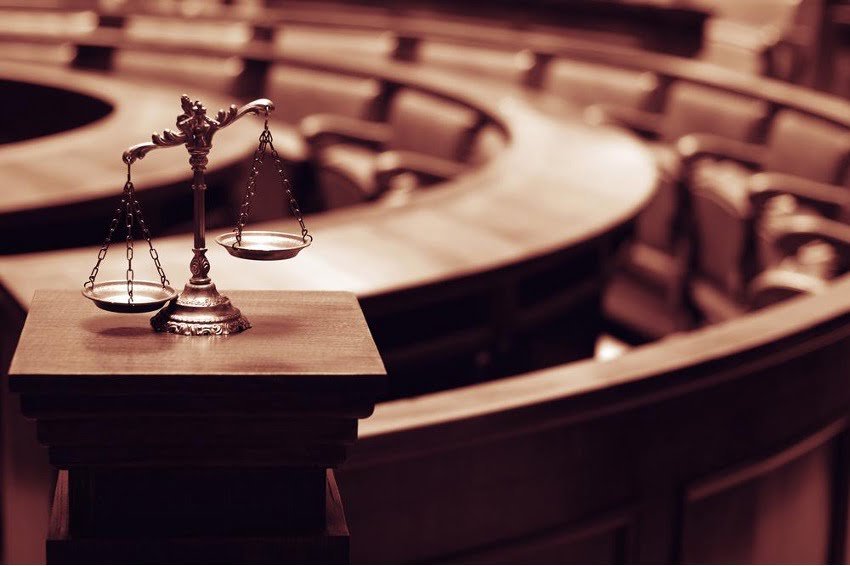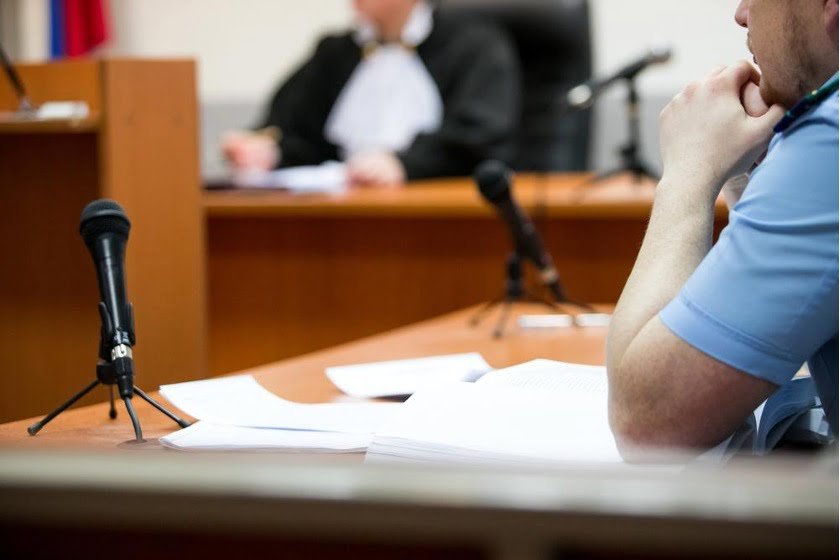 Evidence is the most critical element of any court case – whether in the Family or Criminal Court. It helps the judge issue more informed sentencing decisions and could make all the difference between a conviction or acquittal.
Evidence is the most critical element of any court case – whether in the Family or Criminal Court. It helps the judge issue more informed sentencing decisions and could make all the difference between a conviction or acquittal.
If you are being charged in court, making the effort to gather evidence that strengthens your credibility and refutes the prosecution’s argument can go a long way to helping you get the best outcome possible for your trial. As a defendant, you will want to gather evidence that either attacks the prosecution’s case, or proves your innocence.
How is evidence used in court cases?

The use of evidence in Singapore is regulated by the:
- Evidence Act (EA)
- Criminal Procedure Code for criminal cases
- Rules of Court for civil cases
1. Burden of proof
These statutes outline what is called the burden of proof (sections 103-108 of the EA), which states that:
“Whoever desires any court to give judgment as to any legal right or liability, dependent on the existence of facts which he asserts, must prove that those facts exist.”
This means that if you are being charged for something, the case hinges on the prosecutor’s ability to prove your guilt – not your ability to prove your innocence.
2. Standard of proof
The standard of proof requires that the prosecutor be able to prove the accusations against you beyond a certain degree of certainty. In criminal cases, the standard of proof is “beyond a reasonable doubt”, whereas in civil cases the standard of proof is often based on the balance of probability.
3. Statutory presumptions
Statutory presumptions refer to certain facts that are presumed true without having to be proved. According to the EA, statutory presumptions are “regarded [by the court] as proved unless and until it is disproved”. Prosecutors are often required to state which presumptions they are invoking during a trial so that the accused can have a fair chance of rebutting or challenging the presumption.
As a defendant, you can strengthen your defence by gathering evidence that challenges or weakens these three tenets of the prosecution’s case: burden of proof, standard of proof, and statutory presumptions.
What types of evidence are admissible in court?

Only evidence that is relevant to the facts of the case may be presented in court. Sections 6 to 57 of the EA outline what is considered relevant.
Forms of evidence that can be admitted in court include:
- Oral evidence including eyewitness testimonies, in person or through live video or television links
- Documentary evidence including witness statements and printouts of electronic records
- Real evidence such as material evidence collected from the scene of the crime
- Video and audio recordings and screenshots
Forms of evidence that may not be admissible in court include:
- Illegally obtained evidence, such as through the process of trespassing
- Hearsay (with certain exceptions)
- Privileged information where confidentiality has not been waived
Never fabricate evidence. Fabricating evidence is a criminal offence punishable with up to 7 years’ imprisonment, a fine, or both.
How to present evidence for your case

Before the start of your trial, you would have been presented with a “Case for the Prosecution”, a compilation of all the charges and evidence being brought against you. This will help your lawyer prepare the right defence for you. Hand over any evidence you may have collected to your lawyer and work closely with them on how to present it in court, if at all. Provide an alibi if necessary.
When it comes to fighting a court case, it’s important to have an experienced, reliable, and knowledgeable lawyer by your side. Tembusu Law’s team of top criminal lawyers in Singapore have your best interests at heart and a deep understanding of Singapore’s justice process. For issues related to family law or seeking a divorce lawyer in Singapore, our expert team is also available to assist.
Get in touch with our team and we’ll walk you through your best options for securing a good outcome for your case.